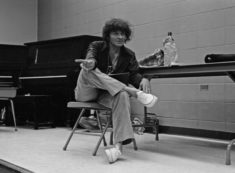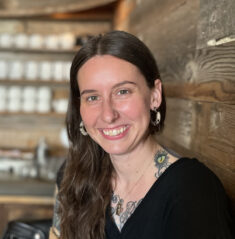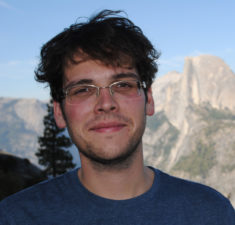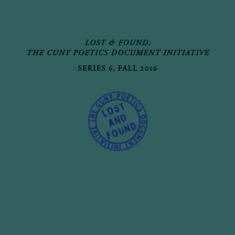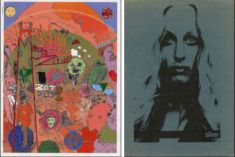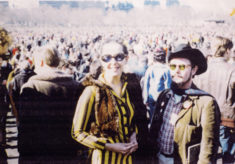Editors: William Camponovo, Mary Catherine Kinniburgh, and Öykü Tekten
Part I: 49 pages, softcover, saddle-stitch binding
Part II: 56 pages, softcover, saddle-stitch binding
While many readers will be familiar with Gregory Corso as a youthful Beat icon, only those exposed to his teaching at the Jack Kerouac School of Disembodied Poetics at Naropa University will know of his eclectic, idiosyncratic, and vast storehouse of cultural knowledge. Naropa Lectures 1981 features transcriptions of two Corso classes in which his quicksilver mind moves across ages of human endeavor, from the discovery of the earliest hominid to the founding of medieval universities, as students’ dialogue, question, challenge, and absorb. In this dynamic presentation by editors William Camponovo, Mary Catherine Kinniburgh, and Öykü Tekten, readers can finally gain entry into the legendary Corso classroom. A remembrance of Gregory Corso by Anne Waldman, one of the founders of the Kerouac School, is included.
Author biography:
GREGORY CORSO (1930-2001) was born of teenage parents in New York City where he grew up in the Greenwich Village that would come to symbolize the Beat movement that he formed such an integral part of. In and out of foster homes, sometimes homeless, Corso began his education in prison and went on to study the cultures of the world in his own unique way, traveling and living abroad while writing poetry, letters, and newly discovered journals and plays. He is buried in Rome, close to the graves of his heroes Keats and Shelley. Corso’s books include Vestal Lady on Brattle (1954), Gasoline (1958), The Happy Birthday of Death (1960), The American Express (1961), Long Live Man (1962), Elegiac Feelings American (1970), Herald of the Autochthonic Spirit (1981), and Mindfield: New and Selected Poems (1989).
Selected Archives:
- Naropa Poetics Audio Archives
- The Henry W. and Albert A. Berg Collection of English and American Literature, New York Public Library, New York, NY
